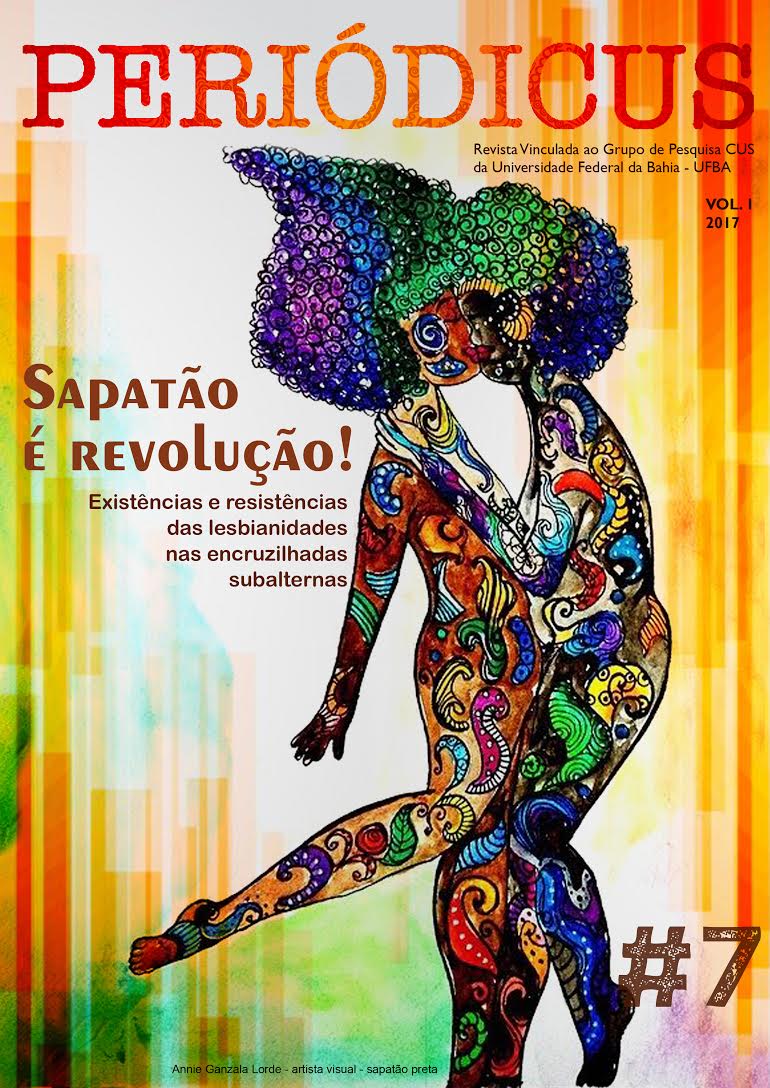Sou fêmea, sou mulher: a trajetória de Sandra Flor, transexual e prostituta, rumo ao ideal feminino
DOI:
https://doi.org/10.9771/peri.v1i7.22281Abstract
Sandra Flor, transexual e prostituta, narra sua trajetória de vida em meio a travestis no bairro do Reduto, em Belém, usando, para isso, as modificações corporais como um marcador da diferença entre ela e suas companheiras. O corpo como protagonista e narrador tanto daquilo que a trajetória vai concretizar, como daquilo que não será dito, apenas vivido. Toda a performatividade encenada, a busca pelo ideal feminino e o consequente surgimento da mulher serão analisados pelos pressupostos de Judith Butler (2003) e Berenice Bento (2006) que enxergam o corpo não somente como algo carregado de significado, mas como a história do indivíduo em si. Desse modo, Sandra Flor, nascida num gênero que ela não reconhecia como seu, reinventará, por meio de transformações corporais, principalmente, uma nova vida para si. O presente trabalho é fruto de uma pesquisa etnográfica, ainda em curso, sobre a luta por reconhecimento entre travestis que se prostituem no bairro do Reduto, em Belém (PA).Downloads
Downloads
Published
How to Cite
Issue
Section
License
Copyright (c) 2017 Revista Periódicus

This work is licensed under a Creative Commons Attribution-NonCommercial 4.0 International License.
Authors who publish in this journal agree to the following terms:
Authors retain copyright and grant the journal the right of first publication, with the work simultaneously licensed under a Creative Commons Attribution Noncommercial License that allows the work to be shared with acknowledgment of authorship and initial publication in this journal, but prohibits commercial use.
Authors are authorized to enter into separate additional contracts for non-exclusive distribution of the version of the work published in this journal (e.g., publishing in an institutional repository or as a book chapter), with acknowledgment of authorship and initial publication in this journal.
Authors are permitted and encouraged to publish and distribute their work online (e.g., in institutional repositories or on their personal website) at any point before or during the editorial process, as this can generate productive changes and increase the impact and citation of the published work (see The Effect of Open Access).








